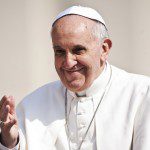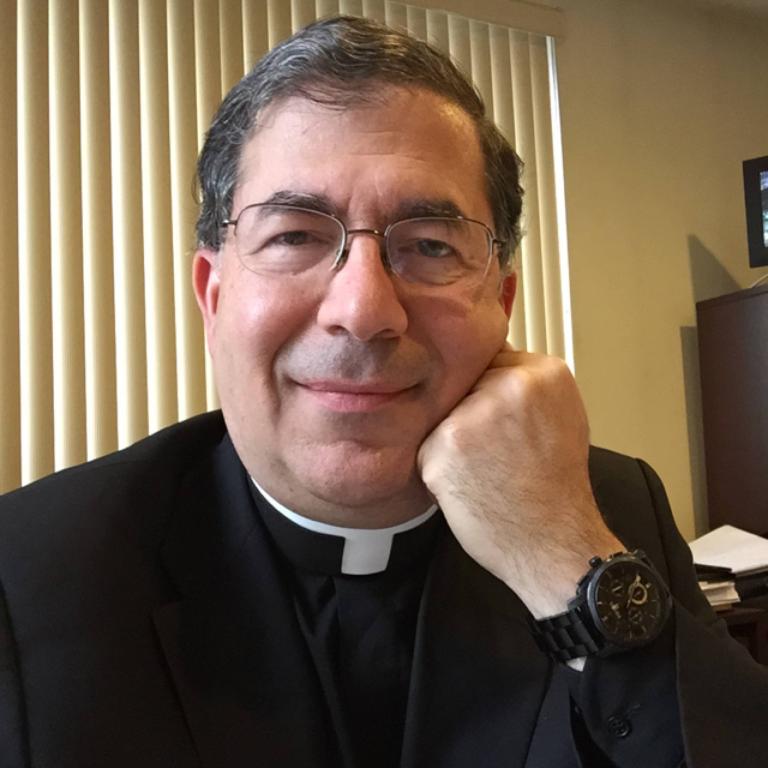
Only two days into the occupation of the United States Fish and Wildlife Service’s Malheur National Wildlife Refuge, the #Oregonstandoff is trending on social media and the event even has its own Wikipedia article.
It wouldn’t surprise me of our readers haven’t heard of the occupation – there are better things to do and there is plenty of things going on in the world.
Here’s a quick summary:
On January 2, 2016, armed members of several rump militias, including the Citizens for Constitutional Freedom, occupied the headquarters building at the United States Fish and Wildlife Service’s Malheur National Wildlife Refuge in protest of the pending imprisonment of Harney County, Oregon ranchers Dwight and Steve Hammond.
The event in Eastern Oregon is connected with the 2014 Bundy standoff in Nevada. The Hammonds have rejected the intervention of militias and disclaimed affiliation with the Bundy family.
Some of the militia members stated that they were ready to “kill and be killed”. The takeover sparked a debate on the meaning of the word “terrorist”.
What interests me is the last statement. That “The takeover sparked a debate on the meaning of the word ‘terrorist’.”
CBS has more:
They call themselves patriots, defenders of the constitution. They love guns and they hate the federal government. They are largely white, and the numerous self-styled militias popping up across the country have frequently been accused of taking on racist beliefs or practices.
As this started to trend it was easy to see how opposite the attitudes are on this occupation. While the majority of comments I’ve read through mock the occupiers and insist that they be called terrorists, some people sincerely believe that these are “Defenders of the constitution” and”patriots”.
Some memes bring attention to the attitude many would have if, instead of white USAers, we were presented with the occupation of government property by brown men with beards.
The Compendium of the Social Doctrine of the Church addresses terrorism. It says, in part,
Terrorism is one of the most brutal forms of violence traumatizing the international community today; it sows hatred, death, and an urge for revenge and reprisal. From being a subversive strategy typical of certain extremist organizations, aimed at the destruction of material goods or the killing of people, terrorism has now become a shadowy network of political collusion. It can also make use of sophisticated technology, often has immense financial resources at its disposal and is involved in large- scale planning, striking completely innocent people who become chance victims of terrorist actions. The targets of terrorist attacks are generally places of daily life and not military objectives in the context of a declared war. Terrorism acts and strikes under the veil of darkness, with no regard for any of the rules by which men have always sought to set limits to conflicts, for example through international humanitarian law; “in many cases, terrorist methods are regarded as new strategies of war”. Nor must we overlook the causes that can lead to such unacceptable forms of making demands. The fight against terrorism presupposes the moral duty to help create those conditions that will prevent it from arising or developing.
How is the Oregon occupation different than ISIS/ISIL, al-Qaeda, or al-Shabab, among others?
The Compendium does very little in providing a strict definition of terrorism, but we can use some of the descriptions in the paragraph to get a better idea of the strategy.
Terrorism is “traumatizing”, from being subversive it became “a shadowy network of political collusion.” It sows “hatred, death, and an urge for revenge”. It strikes “completely innocent people” The targets are “not military objectives in the context of a declared war.” Moreover, “Terrorism acts and strikes under the veil of darkness, with no regard for any of the rules by which men have always sought to set limits to conflicts… ‘in many cases, terrorist methods are regarded as new strategies of war’. Nor must we overlook the causes that can lead to such unacceptable forms of making demands. The fight against terrorism presupposes the moral duty to help create those conditions that will prevent it from arising or developing.”
In many ways what we have before us can be considered terrorism if not merely an occupation by private citizens who have chosen terrorist methods.
Lots of things could be considered terrorist in method if not plain terrorism, and I have a lot of what the United States does in mind when I say so.
The difficulty if distinguishing terrorism from patriotism in the United States is a problem. It’s a problem because it has to do with the core of political action – by individuals and the state -, but also because it makes the distinction difficult to make when it comes to foreign terrorism or patriotism. If foreigners weren’t as patient with US policies or occupiers, and carried guns in to occupy the buildings of intruders, would they be considered patriots like the Oath Keepers or these Oregon occupiers?
As a nation we have terrorized countless peoples and occupied massive amounts of land. At first we primarily used armed violence for our expansion, certainly terrorizing. This was followed by up and accompanied by economic violence and political violence, especially where the violence was funded or defended by US tax dollars. We’ve invaded, occupied, and taken land from others. The destruction of economies, the funding of terrorist, rebel groups, or “freedom fighters”, is simply one part of our roadmap to what we call “freedom, prosperity, and democracy”. We support illegitimate governments and use armed violence when we don’t get our way – even having used nukes to secure victory. We’ll squash opposition without proportion – especially with the use of armed drones – and torture men and women made in the image of God.
Violence and terror are part of ‘the American way’. Insofar as this is true, and historically it often is the case, domestic terrorists do not need to try hard to consider themselves patriots.
Where violence and terror
are the ‘American Way’,
the #oregonstandoff is patriotic.
[Tweet this]
The US value system is a mess. Max Scheler’s Ressentiment and René Girard’s Violence and the Sacred do a decent job of demonstrating the ‘American’ pathology.
Whether it is based on false notion of God, the US Constitution as inspired by God, or some other foolery, the US government and various citizens – individually or in armed terror groups – find it entirely consistent to terrorize and use armed (or economic) violence to reach their objectives without regard for human dignity and the peaceful option of respectful dialogue that it demands – not unlike those “terrorists” we breed by our actions overseas.
How can one be a patriot without being a terrorist? If we reduce our love of our fellow countrymen and women to a self-centered liberal or fundamentalist desire for power over the ‘other’, with the ready option for armed violence then we cannot distinguish the two – neither here nor in Africa or the “Middle East”.
Unfortunately, patriotism in the United States rarely manifests itself as a true love for the ‘other’, and those who are unwilling to use armed violence and repression to assault the dignity of neighbors – foreign and domestic – for whatever political or economic end are too often called “anti-American”. With even greater foolery the patriot/terrorist option fails to recognize its role in pushing the oppressed towards a “terrorist” response to its patriot/terrorist action. Sadly our government seems to forego the foolery and instead embraces the diabolical when it paints itself as the light of the nations in its profit generating, terrorist producing foreign and economic policies.
So long as this remains the common understanding of “anti-American”, where one opts out of false-patriotism for the sake of rebuking terrorism, then maintaining an “anti-American” sentiment is the most “American” position for anyone who sees respect for life, dignity, and democracy so long as these former values have anything to do with the ethical and political foundation of the United States.
Until next time,
If you have found the content on Keith Michael Estrada’s “Proper Nomenclature” to be useful, kindly consider supporting the cause with a donation.
Use the button below to donate through PayPal
Thank you!
*How do we understand subversion? When can the use of force be appropriate? What does capitalism have to do with the mindset of violence? Does our gun culture require legislation for its teaching value?












